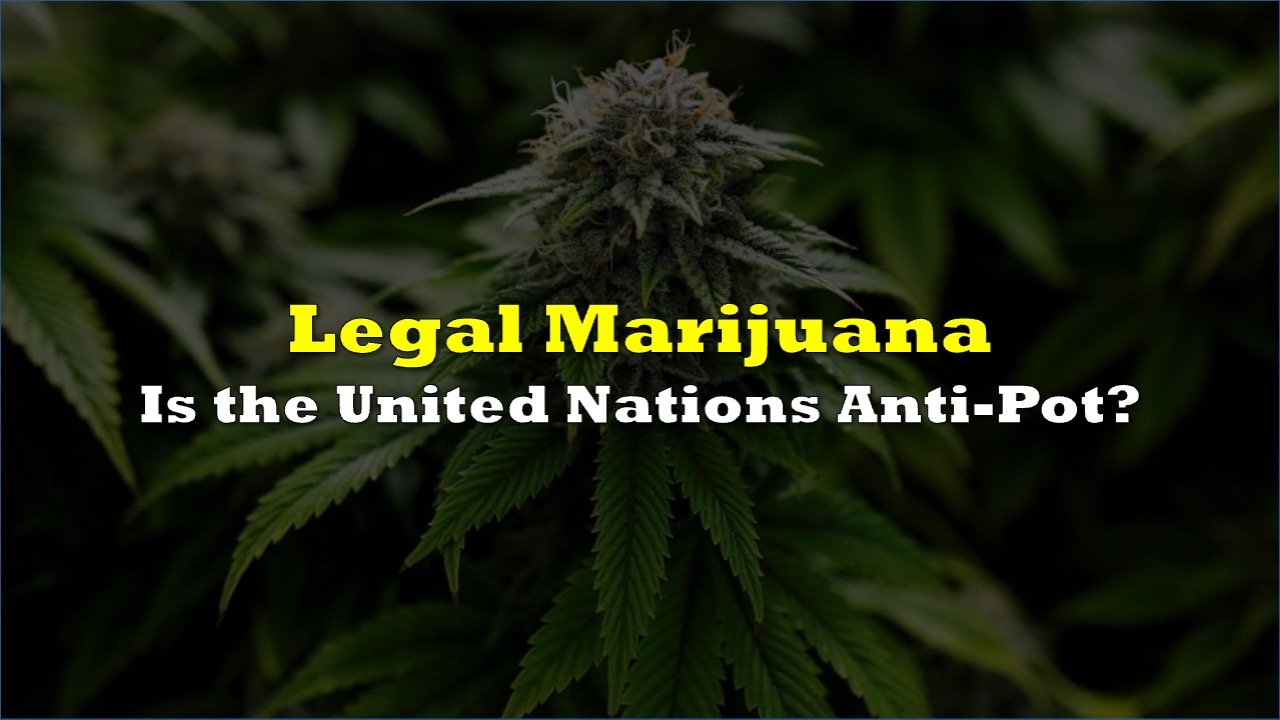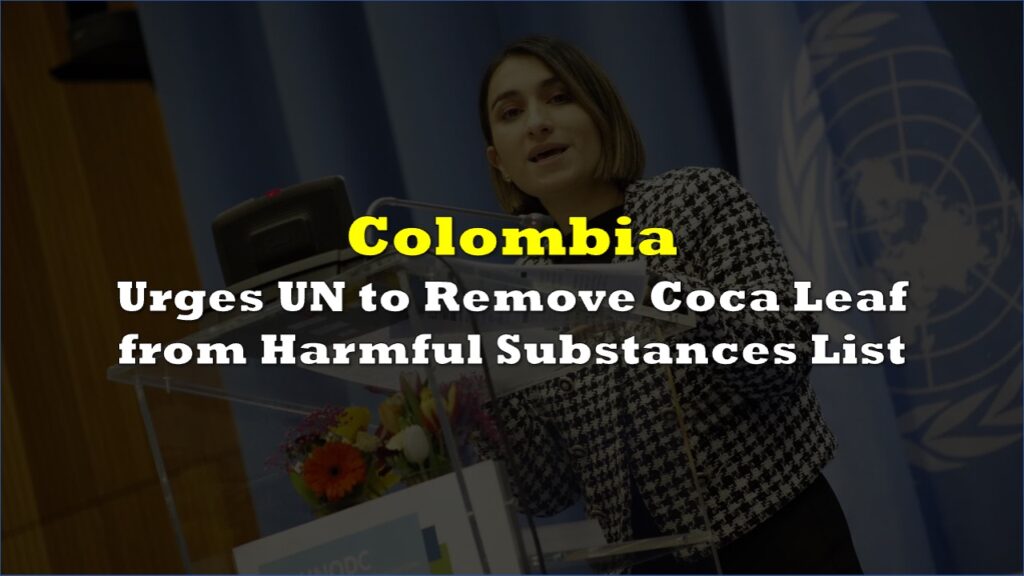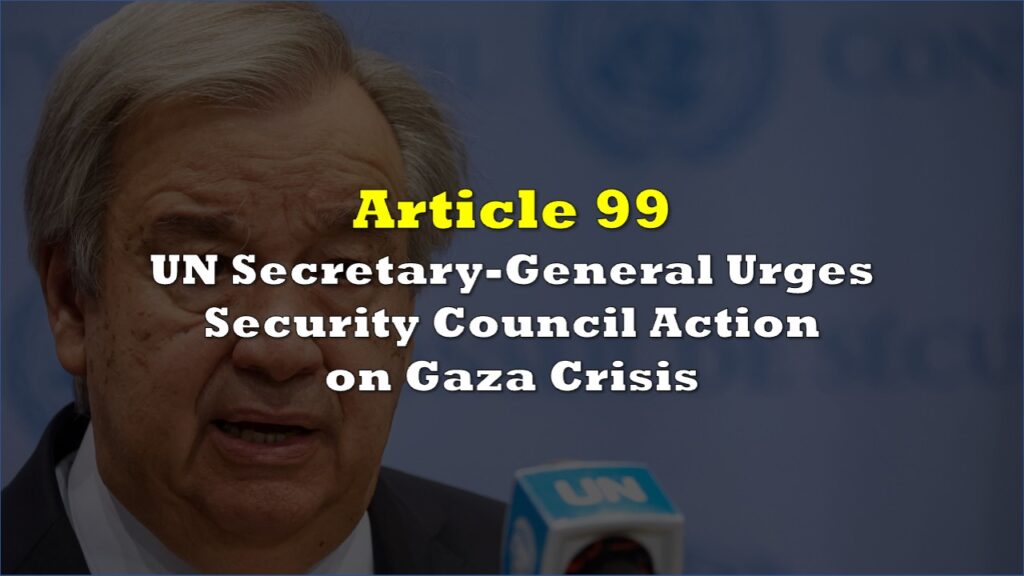The United Nations’ International Narcotics Control Board (INCB) is “expressing concern” over the growing trend of legalizing recreational marijuana — citing a failure to comply with the 1961 Single Convention on Narcotic Drugs that classifies cannabis as highly addictive and liable to abuse.
In its annual report, the drug control body says that the trend in a small number of countries is leading to higher consumption, negative health effects and psychotic disorders, and the industry is currently advertising products to young people in ways that lower the perception of risk involved in using them.
The INCB notes the US as an example of this trend and also seemed to suggest that the federal government should force states to repeal their marijuana legalization laws to comply with the 62-year-old treaty.
“In States with a federal structure, a special issue may arise with respect to whether the federal Government may be held accountable if a federated entity implements legalization, which violates the conventions, while the federal Government does not have the power to compel the federated entity to fulfill the treaty obligations,” the INCB wrote, appearing somewhat passive-aggressive.
According to the treaty, “unless a different intention appears from the treaty or is otherwise established, a treaty is binding upon each party in respect of its entire territory.”
The report also underlined that cannabis legalization has not been successful in its goals, e.g. reducing criminal activities, increasing public health or safety, or reducing illicit markets. The board suggests alternative routes to handling cannabis offenses through decriminalization and depenalization, citing the reform carried out in Portugal in 2001 as the most prominent example of this approach.
But the INCB’s annual report is known to criticize countries that pass legalization for non-medical use. Canada and Uruguay, both UN member states, prior to the “trend” in the US reaching critical mass, have federally legalized marijuana for adult use which more heavily contravenes the treaty, but have not received any ramifications or consequences from INCB.
Nonetheless, INCB President Jagjit Pavadia reminds governments that “the convention-based system offers significant flexibility for States to protect young people, improve public health, avoid unnecessary incarceration and address illicit markets and related crime.”
Information for this briefing was found via Marijuana Moment, the United Nations, and the sources and companies mentioned. The author has no securities or affiliations related to the organizations discussed. Not a recommendation to buy or sell. Always do additional research and consult a professional before purchasing a security. The author holds no licenses.









